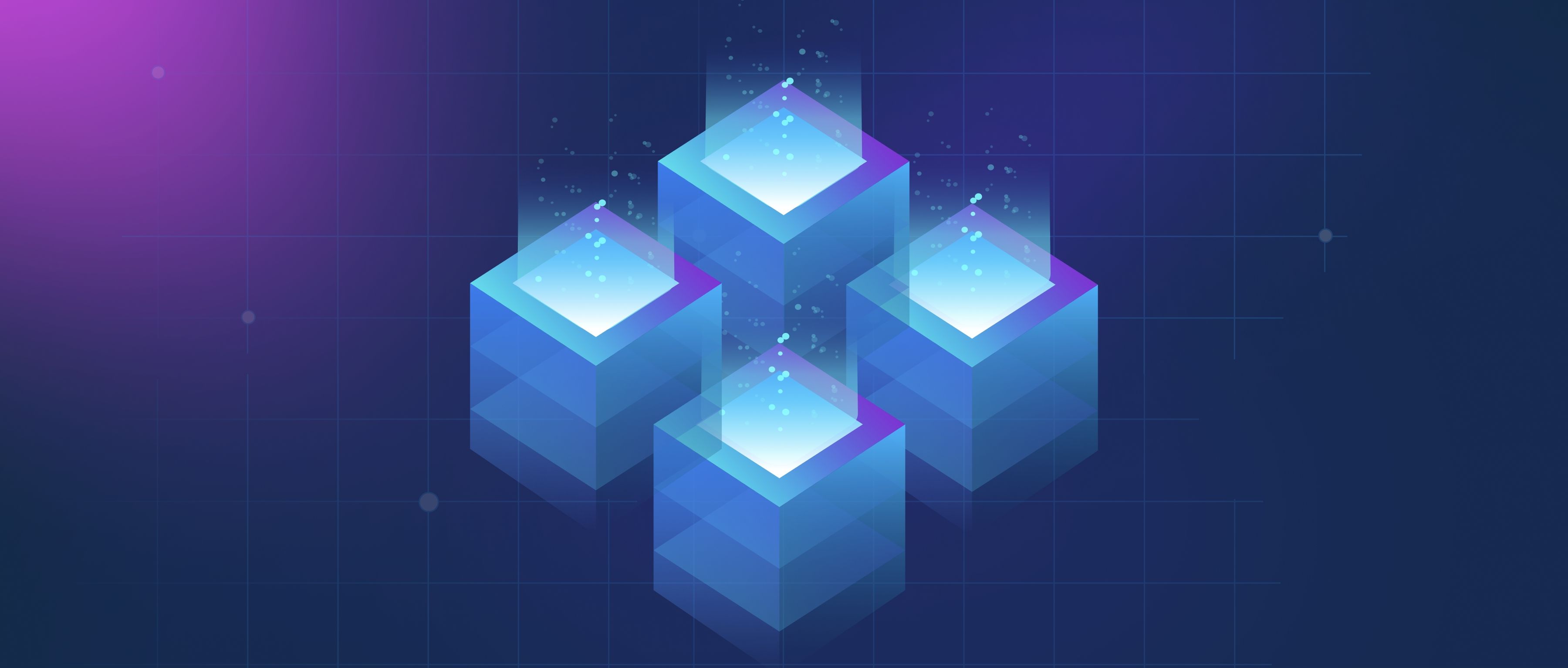Reinforcement Learning (RL) is a type of machine learning that focuses on training algorithms to make decisions by interacting with an environment. In this approach, an agent learns to achieve a specific goal through a system of rewards and penalties. The agent takes actions in a given state of the environment and receives feedback based on the results of those actions. This feedback guides the agent in adjusting its future actions to maximize cumulative rewards over time. Unlike supervised learning, where training data includes correct answers, RL is more about exploration and exploitation, where the agent tries different actions to discover which ones yield the best outcomes.
In practical terms, RL can be seen in various applications. For example, in video games, an RL algorithm can learn to play by continually adjusting its strategies based on the rewards it receives from winning or losing. Another example is in robotics, where a robot can learn to navigate and perform tasks by receiving feedback on its movements, leading to improvements over time. This trial-and-error learning process helps the agent adapt to changing environments or unexpected situations by finding optimal strategies based on past experiences.
Implementing RL typically involves defining the environment, states, actions, and rewards. Developers often utilize frameworks like OpenAI Gym to simulate environments for training RL agents. Algorithms such as Q-learning or deep Q-networks (DQN) are common choices for developing RL models. These methods require careful tuning of parameters and a well-structured reward system to avoid pitfalls like sparse rewards, where the agent might struggle to learn if it receives very little feedback. Overall, RL represents a powerful toolkit for building intelligent systems that can learn from their experiences.
